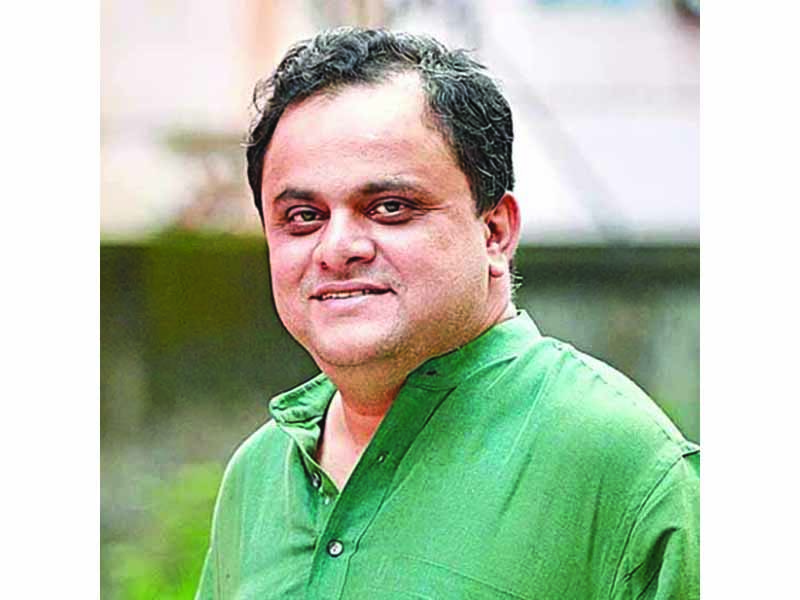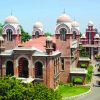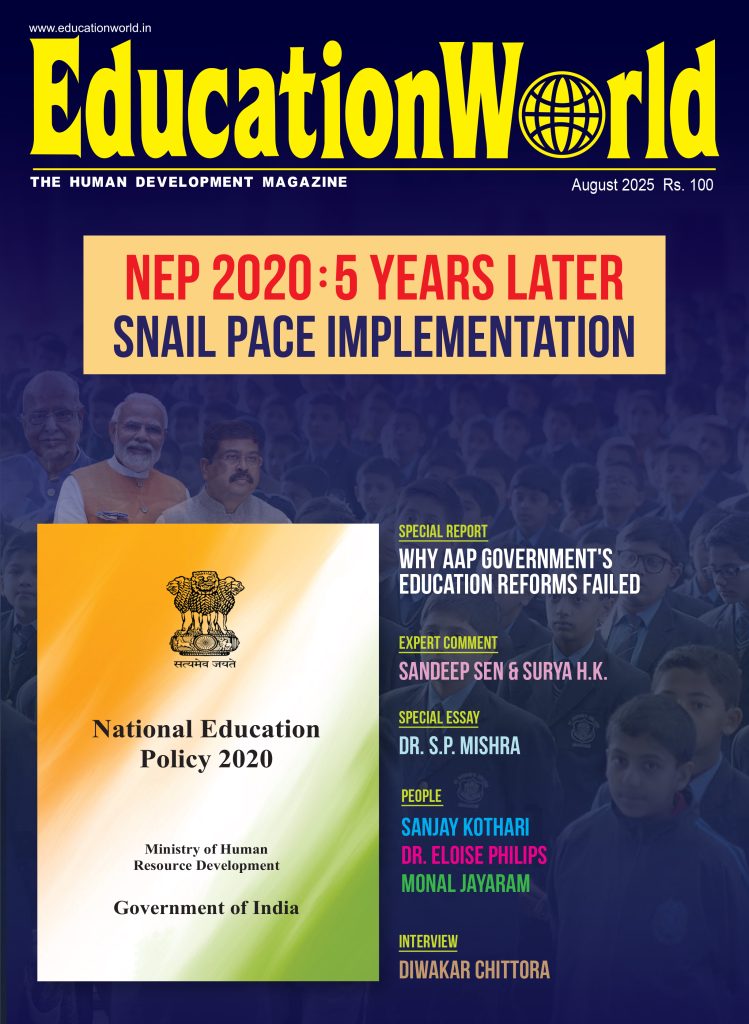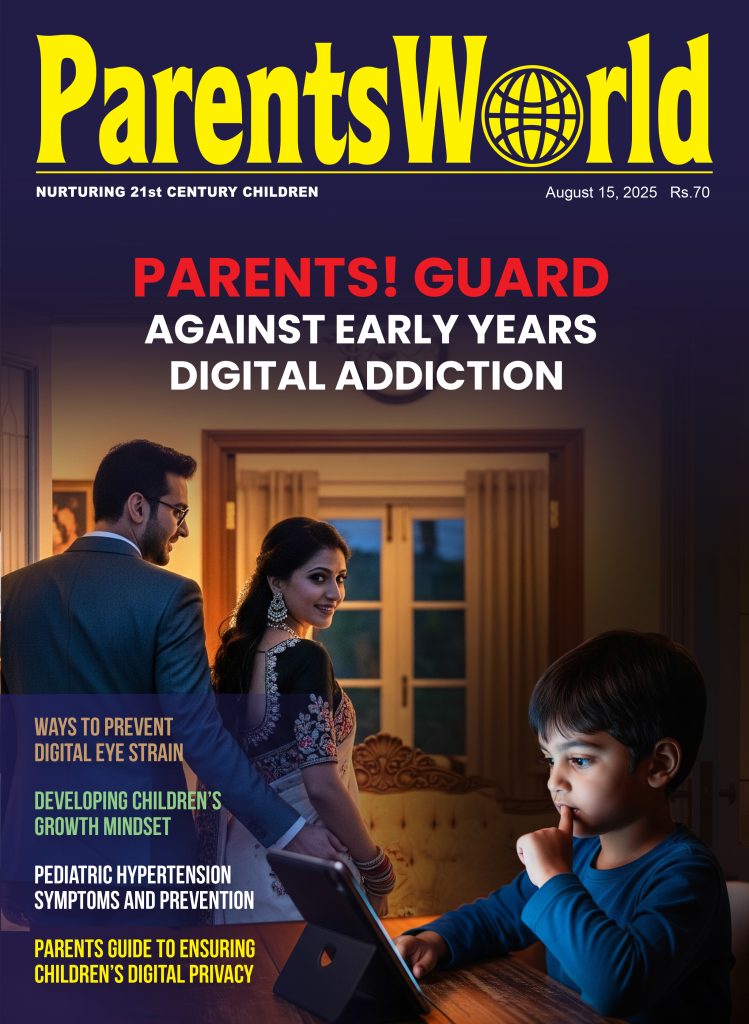West Bengal: Crossfire victims
Baishali Mukherjee (Kolkata)

Education minister Bratya Basu
Sustained animosity between the BJP/NDA government at the Centre and the Mamata Banerjee-led Trinamool Congress government of West Bengal (pop.91 million), now in its third term in office, is taking a toll on 10 million children enrolled in Bengal’s 84,000 state government schools. The Union education ministry at the Centre is foot-dragging on the issue of disbursing the Rs.1,000 crore it is obliged to provide under Samagra Shiksha Abhiyan (SSA, primary-secondary school upgradation programme).
Under provision made in the Union Budget 2024-25, the Centre is committed to pay a sum of Rs.1,000 crore to the state government under SSA to upgrade infrastructure, purchase classroom supplies such as chalk, dusters, and benches, and cover electricity bills and minor repairs. Even in fiscal 2023-24, the state received only Rs.311 crore in two installments while the third instalment remained pending. According to West Bengal’s education minister Bratya Basu, the Centre owes the state Rs.3,180 crore under this account.
Consequently a large number of Bengal’s government schools are suffering shortages of daily essentials such as chalk, dusters, and attendance registers, and apprehend power cuts this summer because of unpaid electricity bills. Moreover lack of funds for maintenance has endangered the safety of children. During this year’s Madhyamik (class X board) exam, a ceiling fan fell on a student in a school of South 24 Parganas district.
Academics in Kolkata discern a linkage between the Central government withholding its share of composite grants for schools in state with the TMC government’s refusal to sign an MoU (memorandum of understanding) with the Centre to implement the Prime Minister’s Schools for Rising India (PM SHRI) scheme launched in 2022, to enhance school infrastructure nationwide. Three states with governments led by opposition parties (TMC in West Bengal, the CPI(M)-led government of Kerala, and DMK in Tamil Nadu) have declined to sign the MoU on grounds that it will undermine federalism and/or enable the BJP government at the Centre to claim credit for success of the scheme mainly funded by state governments.
Since then, the Centre has withheld these states’ dues under SSA (a key programme intended to achieve universal elementary education as mandated by the 86th Constitutional Amendment, which guarantees free and compulsory education for children aged 6-14), contending that signing the PM SHRI MoU by state governments, is a precondition.
However, this contention is refuted by the March 26 report of the Parliamentary Standing Committee on Education, Women, Children, Youth and Sports. In its report, the standing committee opined that the Centre’s argument linking SSA allocations with PM SHRI is “not justifiable”. “SSA predates PM SHRI and is intended to help states achieve targets of the Right to Education Act, 2009. RTE is a law passed by Parliament and confers education as a fundamental right to every child. The SSA scheme that enforces the fundamental right-based RTE, cannot be bypassed by NEP (National Education Policy) 2020 which was an executive policy statement,” says the report. The report commented that delays in SSA funding (West Bengal Rs.1,000 crore, Kerala Rs.859.63 crore and Tamil Nadu Rs.2,152 crore) are hampering school infrastructure improvement, teacher training, and student support programmes of state governments and is “severely impacting teachers’ salaries, RTE reimbursements and transportation for students in remote areas”.
Comments Kinkar Adhikari, General Secretary of the Kolkata-based Educational Enthusiasts’ Unity Forum: “If this trend of prioritising political battles over cooperative governance continues, students — especially in underprivileged households and rural areas —will suffer the most. They are caught in the crossfire of policy disagreements, funding disputes, and ideological clashes between the BJP/NDA government and Bengal’s TMC government. It’s high time that in matters relating to children’s education, the Central and state governments learn to collaborate to improve the poor infrastructure and learning outcomes of government schools. The education sector should be exempt from the power struggles of political parties.”
But with legislative assembly elections in Bengal just a year away and the BJP leadership pulling out all stops to unseat the three-term TMC, excluding the education sector from the hurly-burly of electoral politics is likely to remain a pious wish.


















Add comment